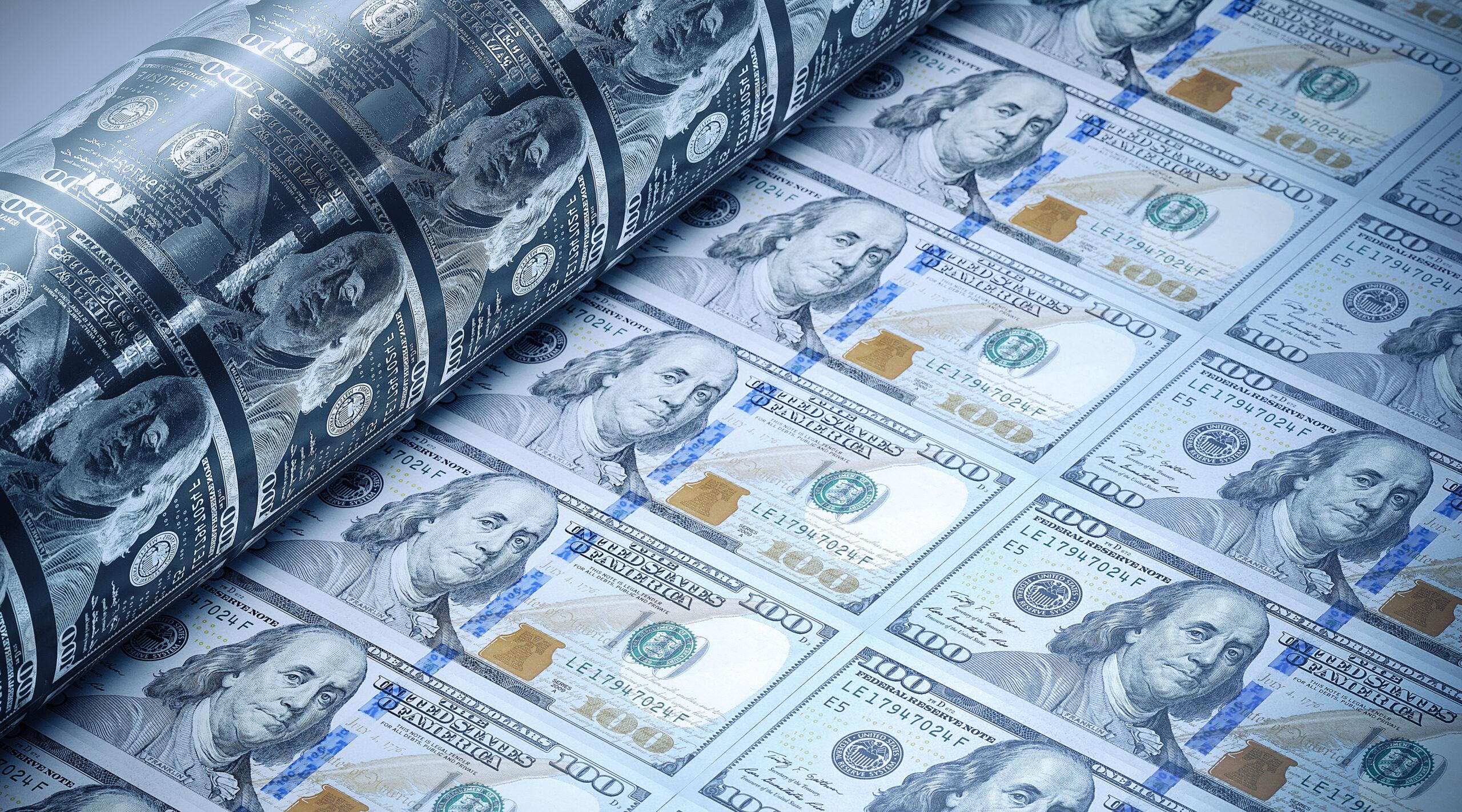This is a short 3 page article from Imprimis Magazine at Hillsdale College.
I like that it starts by giving the history of inflation in the United States starting in 1776.
It also I believe makes the point ad nauseum throughout that inflation is always caused by printing and spending too much paper money not backed with a store of value relative to the supply of goods or ability to produce goods to satisfy that spending demand.

 imprimis.hillsdale.edu
imprimis.hillsdale.edu
I for one have said many times,
I see no way reloading components or ammo will be going down for at least 2 to 3 years and then if and only if we have a change in the administration, and government and
the monetary policies of the government.
This article is a great resource.
Gravity has not been repealed and neither has inflation when too much money is chasing too few goods
with printed play money.
Expect to wait 2 to 3 years for things to change. Got gasoline?
Average price today is $4.00 plus across the USA.
I like that it starts by giving the history of inflation in the United States starting in 1776.
It also I believe makes the point ad nauseum throughout that inflation is always caused by printing and spending too much paper money not backed with a store of value relative to the supply of goods or ability to produce goods to satisfy that spending demand.

Inflation in the United States
What causes the price of money to fall? The answer is very simple: an increase in the supply of money relative to other goods and services. As the Nobel Prize-winning economist Milton Friedman explained, “Inflation is always and everywhere a monetary phenomenon in the sense that it is and can be...
 imprimis.hillsdale.edu
imprimis.hillsdale.edu
I for one have said many times,
I see no way reloading components or ammo will be going down for at least 2 to 3 years and then if and only if we have a change in the administration, and government and
the monetary policies of the government.
This article is a great resource.
Gravity has not been repealed and neither has inflation when too much money is chasing too few goods
with printed play money.
Expect to wait 2 to 3 years for things to change. Got gasoline?
Average price today is $4.00 plus across the USA.
